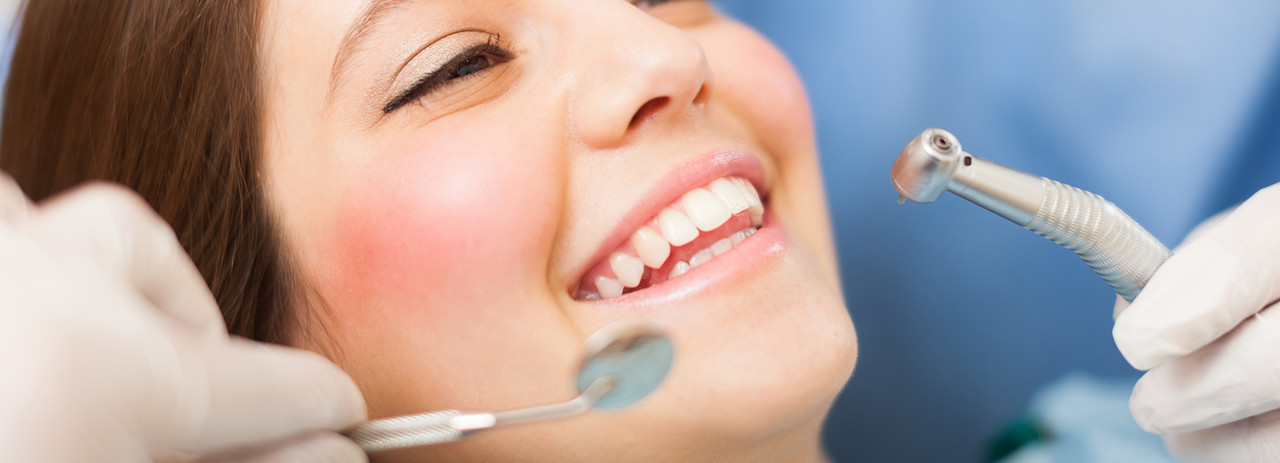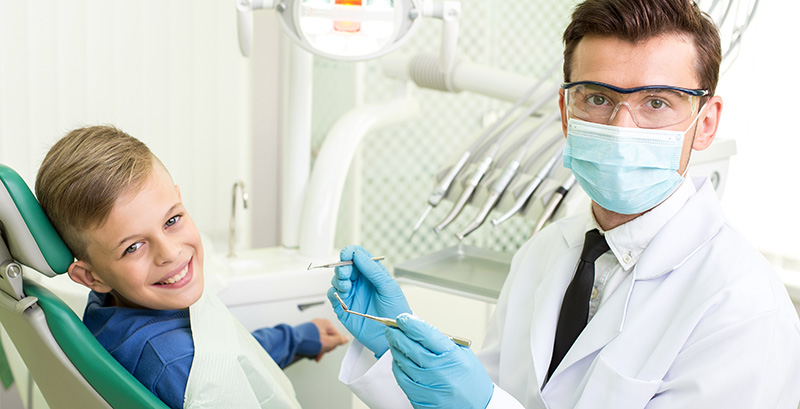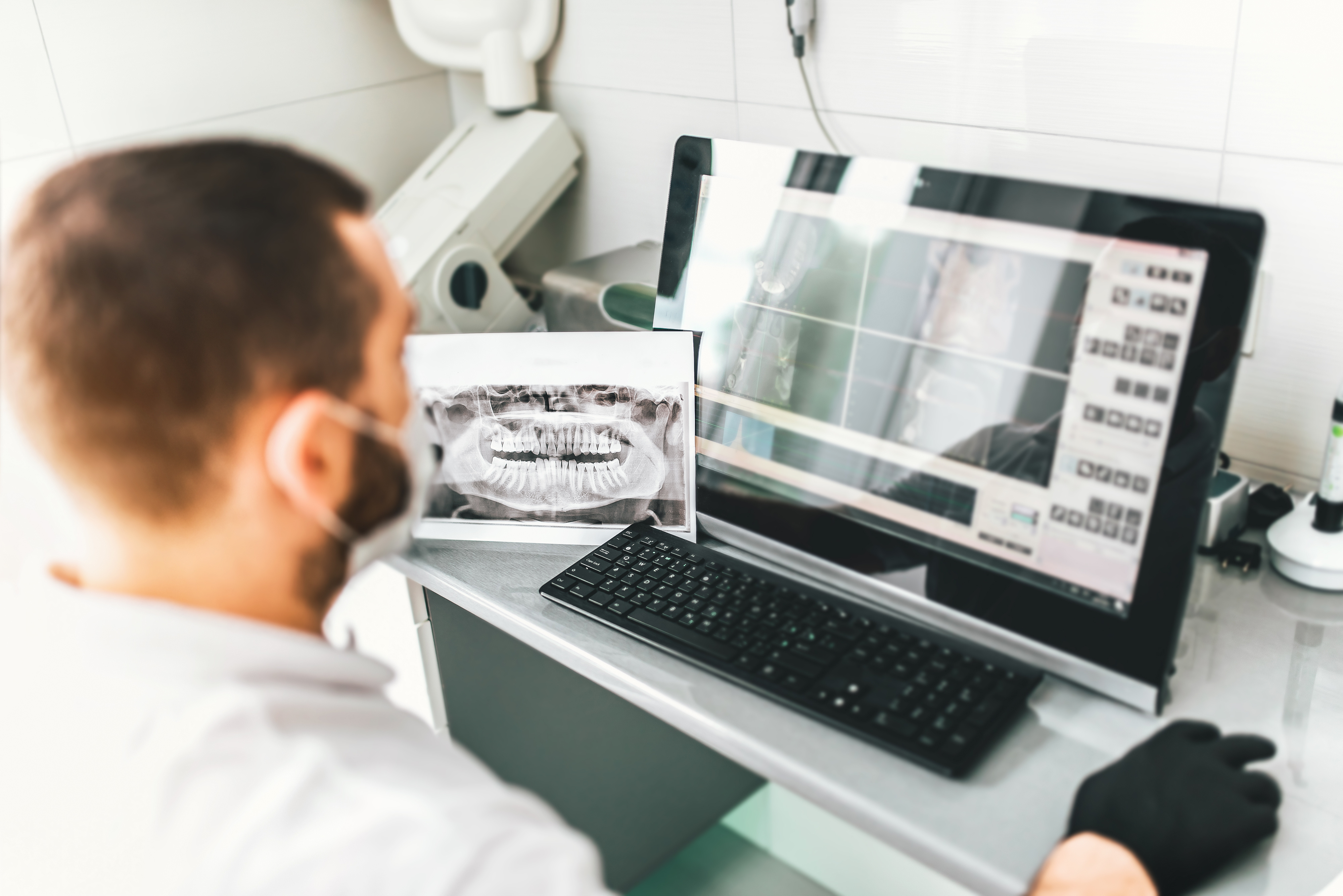
Teaching children healthy dental hygiene at a young age is important to promote oral health and prevent the most common dental issues. Yet, even with regular brushing and a healthy lifestyle, children can face dental issues that require a pediatric dentist or an emergency dentist in Greenville for proper care. If your child needs a cavity filling in Greenville, NC, disking, or another dental treatment, you’ll need someone you can trust to care for their teeth.
Dental issues are more common in adults than children, but that doesn’t mean they’re nonexistent. Some of the most common dental issues that affect children include cavities, otherwise known as tooth decay, crowding, misalignment, or losing a tooth too early.
At Wilson Pediatric Dentistry, we offer treatments that can address and correct these issues. Our emergency dentist is also available to provide emergency care to pediatric patients with a dental emergency.
Treating Cavities
Cavities are a form of tooth decay common among children, including those who live a healthy lifestyle and consume a limited amount of sugar. Forty-two percent of children get cavities between two and 11 years of age. If your child has a cavity, they must receive a cavity filling in Greenville, NC, to stop and prevent further decay and restore a uniform appearance to the truth.
One way to prevent cavities is by applying sealants to the back teeth, the most common chewing surfaces. When applied to the back molars, this thin plastic layer creates a protective barrier on the tooth that can help prevent decay in those areas that are harder to clean with a toothbrush.
Treating Overcrowding With Disking
Overcrowding is a common issue among children as they lose baby teeth, and permanent teeth replace those baby teeth. Sometimes, there isn’t enough room for the incoming permanent teeth, which can increase the risk of cavities or cause alignment issues, also increasing the potential need for future orthodontic care.
This treatment involves shaving off very thin layers of the surrounding teeth to make extra room for incoming permanent teeth to prevent misalignment and reduce the need for braces or other orthodontic treatments.
Treating Premature Tooth Loss
Children must lose baby teeth to make room for permanent teeth, but sometimes, they lose them sooner than they should. As a result, the surrounding teeth can become misaligned as they come in, requiring future orthodontic care. There’s a simple way to treat this issue: with space maintainers. Space maintainers are designed to maintain the necessary space for the incoming new tooth to promote alignment.
Treating Crooked Teeth
Misalignment is one of the most common dental issues that affect children and teenagers alike. There’s an easy way to address misalignment, and it begins with proper early orthodontic care from a dentist in Greenville, NC. Children can achieve and maintain straighter teeth by taking steps to promote alignment early on. Early orthodontic treatment plans can be designed for children as young as six years old.
Regular pediatric dental care is key to maintaining healthy teeth and promoting a beautiful smile. Whether your child suffers from a minor or more severe pediatric dental issue or needs an emergency dentist in Greenville, we can design a treatment plan that promotes optimal oral health. Contact us today at Wilson Pediatric Dentistry to learn more about our treatments and to schedule an appointment.




